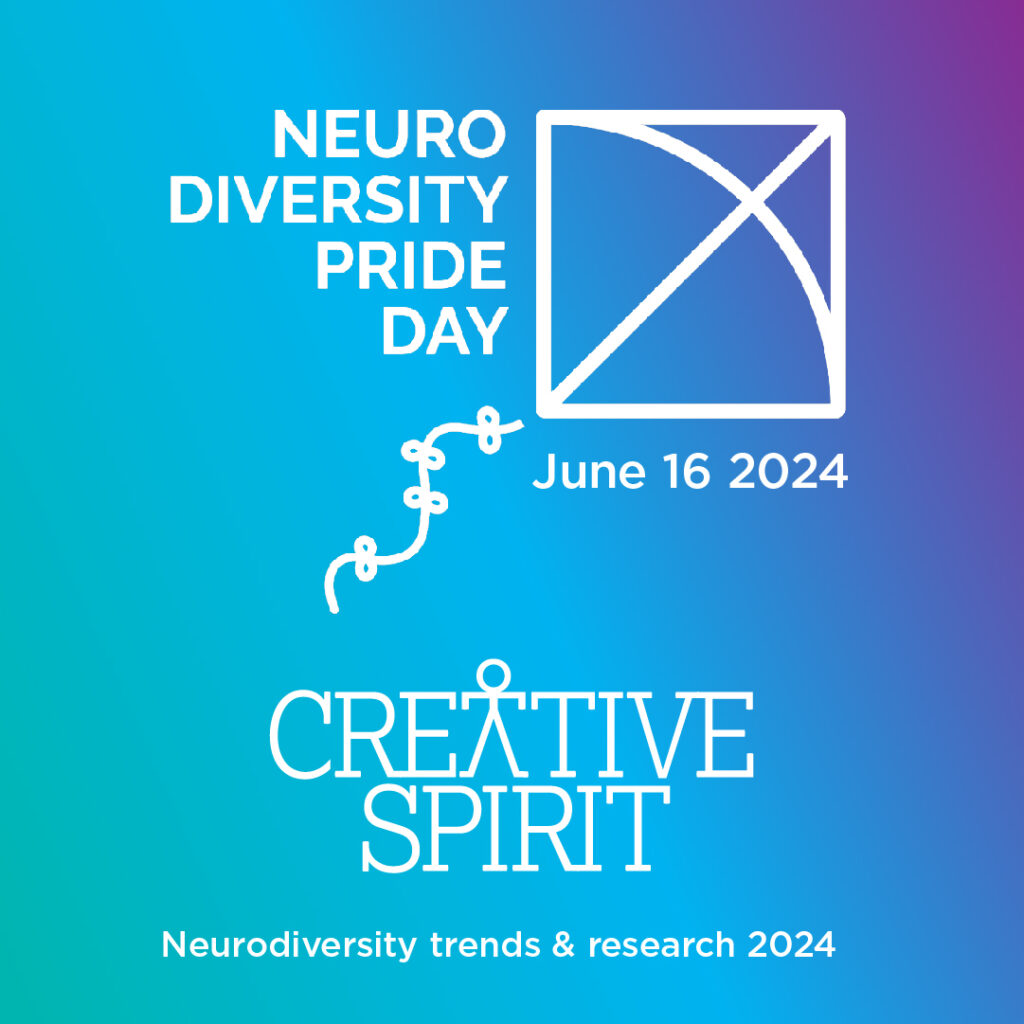Written By: Menachem Rephun, Communications Manager and Self Advocate

June 16th is the seventh annual #NeurodiversityPrideDay, a global event celebrating the important role of neurodiversity in society, and the uniqueness of people who are neurodivergent. As Neurodiversity Pride Day.com points out, #NeurodiversityPrideDay is notable in being created by and for the neurodiverse community and the families, friends, and other allies who appreciate and support them. The event is also an opportunity for business leaders and organizations to focus on improving accessibility and inclusion for neurodiverse employees, and recognizing the many strengths, skills, and talents they can contribute when given equal opportunities to succeed.
Neurodiverse Disclosure in the Workplace: Signs of Improvement?
Halfway through 2024, #NeurodiversityPrideDay is a time to spotlight important, developing trends in policy, research, and employment for the neurodiverse community. One trend that has seen a notable shift over the past three years is the growing number of neurodiverse employees choosing to disclose. While a research study cited by PsychologyToday.com found that only around 10% of neurodiverse professionals typically disclose, the report added that in 2024 “we are consistently seeing organizations looking to work with us due to their own staff increasingly choosing to share neurodivergent identities.” The report adds that this change may be driven by the topic of neurodiversity gaining more prominence since 2021; growing expectations from employees around employer support; and higher diagnostic rates among young people over the past few decades.
According to the report’s author Ed Thompson, this trend underscores the urgency to build awareness, “as conversations when someone does choose to disclose are critical: the difference between feeling supported and valued as an employee, and choosing quickly to look elsewhere.” Disclosure is more likely in workplaces where neurodiversity has been normalized, and where neurodiverse employees feel supported and valued for who they are. Those workplaces are also far more likely to see productivity, success, and growth. In an essay for LinkedIn.com, HR expert Roger Thompson writes that in 2024, many companies are finally “breaking the silence around mental health in the workplace, and this is directly impacting DE&I efforts.” He expects that in 2024, the greater focus on mental health will lead to companies offering more mental health resources, promoting a healthier work-life balance, and creating a workplace culture that encourages more openness toward discussing mental health.
While the trend toward disclosure and destigmatizing mental health is encouraging, there are still indications that significant progress needs to be made. “Around 59% of working adults with ADHD, dyslexia, or another neurodivergent condition worry that disclosing it will negatively affect them at work,” a survey from Understood.org found, according to Fortune.com. The article points out that HR teams “must also ensure employees know it is okay to ask for an accommodation, how one can be requested, and who workers should approach to request one. Around 60% of neurodivergent respondents said they have no idea what accommodations they are entitled to, and 49% do not know who to talk to about requesting an accommodation at work.” Raising awareness and knowledge among neurodiverse employees about the accommodations they’re entitled to, and who to ask about receiving those accommodations, is an essential component of improving disclosure in the workplace.
Employee Resource Groups (ERG) for Neurodiverse Employees
Along with disclosure, another trend to focus on in 2024 is the growth of Employee Resource Groups (ERG) designed specifically for neurodiverse employees. ERGs, or employee-led groups that promote inclusion for coworkers with similar backgrounds and experiences, have existed for decades, with the first dating back to the Civil Rights Era of the 1960s. As Psychology Today points out, neurodiverse ERGs have become increasingly popular, to the point that some organizations now have hundreds of members in their ERGs. “We see no sign of this changing,” the article observes, “rather, continued momentum (and, sometimes, greater funding) for neurodiversity advocacy within top organizations.”
In an interview this year with Authority Magazine, federal employment lawyer Eric L. Pines (who is neurodivergent with a diagnosis of ADHD) agreed that neurodiverse ERGs appear to be on the rise. “Creating Employee Resource Groups (ERGs) for neurodivergent employees is becoming more common,” Pines said. He added that ERGs help neurodivergent employees feel like they belong. “Many neurodivergent people, especially those on the autism spectrum, have often felt excluded,” he said. “It’s said that people leave managers, not jobs. I think this view is too narrow. People also leave when they feel unwelcome or unheard in toxic work environments.” The growth of neurodiversity ERGs in 2024 is a positive trend that suggests workplaces may be becoming more understanding and inclusive.
More Companies Are Starting to Embrace and Appreciate Neurodiversity
The growing trend of companies embracing neurodiversity and neurodiverse employees is best summed up by Louis Chesney, a writer for Benefits Pro.com. Chesney has coined the term “neuro-acceptance” to describe the increasingly popular view of neurological differences as a strength, rather than a drawback. When it comes to the current state and future of neurodiverse inclusion in employment, Chesney is optimistic. “In 2024, more companies will prioritize their neurodiversity efforts to improve inclusivity, expand opportunities, and provide support,” he writes, “but developing the right strategy will be critical.” He observes that in addition to more conventional efforts like neurodiversity hiring events and workplace programs, many companies have been taking a more all-encompassing approach to neurodiverse inclusion, such as creating online interest forums that pair job seekers with mentors who can help with the application process, improving resumes, and seeking out interview accommodations. This is similar to our own approach at Creative Spirit for placing our candidates and the job coaching and mentoring we provide to help them build their careers. Other companies starting to appreciate the value not only of hiring, but of mentorship and training for neurodiverse candidates, is a huge step forward that will hopefully continue in 2024 and beyond.
Another positive trend Chesney observes in 2024 is the growing number of companies offering internships for college students who are neurodivergent. This ties in with the fact that more employers are shifting away from seeing neurodivergence as synonymous with disability. Chesney predicts that as 2024 continues, more employers will be exploring “ways to help all internal stakeholders understand neurodiversity and the correct terminology, address biases and support employees who are neurodivergent or care for someone who is.” Based on current trends, Chesney expects that 2024 will see more companies implementing expert-led solutions to identify the right strategies and help neurodivergent employees transition and succeed in new roles, including leadership positions. Concerningly, Chesney anticipates that neurodiversity programs will be impacted by continuing cuts in resources for Diversity, Equity, and Inclusion (DE&I). “In the wake of layoffs, especially in tech, many DE&I jobs have been phased out,” he writes. “At the end of 2022, the attrition rate for DE&I roles was 33%, compared to 21% for non-DE&I roles.” Chesney cites a 2023 report from RevelioLabs.com, which found that DEI roles are leaving companies almost twice as fast as non-DEI roles. Chesney believes organizations will likely compensate for these gaps by looking for workplace neurodiversity experts who can consult with DE&I and HR professionals to help them develop, launch, and run neurodiversity programs. “In 2024, more employers will integrate neurodiversity offerings, challenge long-held beliefs, and create successful programs,” Chesney concludes. “With the right approach and strategy in place, they can affect meaningful, lasting change across the organization.”
There are certainly reasons to be optimistic about neurodiversity employment trends in 2024. However, there’s still so much progress to be made. According to Cmmonline.com, a 2024 Ipsos report found that 68% of U.S. employees were either unfamiliar with the term “neurodiversity”, or didn’t know its meaning. At the same time, the survey found that 72% of participants said they would hire a neurodivergent employee, despite being unfamiliar with the term. However, only 22% said they currently work with neurodiverse employees. The report also found that although most employees valued accommodations for neurodiverse employees, such as the ability to work from home and different ways of taking in and communicating information, only about 50% have these options available to them. Ultimately, the report concluded that despite strengths like high intelligence, academic achievements, and unique skills and perspectives, employees who identify as neurodiverse “typically face an uphill battle at work against long-held definitions of acceptable social interaction and traditional methods of hiring, managing, and promoting.” In 2024, it’s time for a paradigm shift, and to focus on the positive trends currently underway and drive them even further. We need to break the mold of “traditional” hiring, and show all businesses why becoming fully inclusive and accommodating, with a pipeline of neurodiverse candidates ready and able to start working, is fully achievable and absolutely the right direction to go. This year, we’re extremely excited to be a part of that change. How about you?
Sources:
5. https://cmmonline.com/news/neurodiversity-awareness-low-among-u-s-employees
6. https://www.reveliolabs.com/news/social/cutting-costs-at-the-expense-of-diversity/
7. https://www.linkedin.com/pulse/top-3-trends-shaping-diversity-inclusion-2024-roger-thompson-v9dyc/



